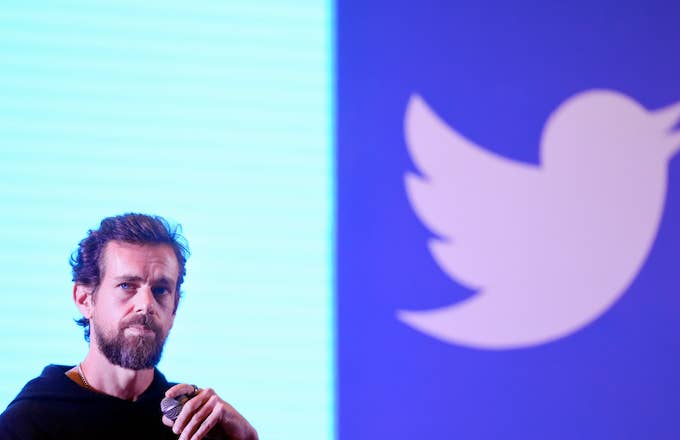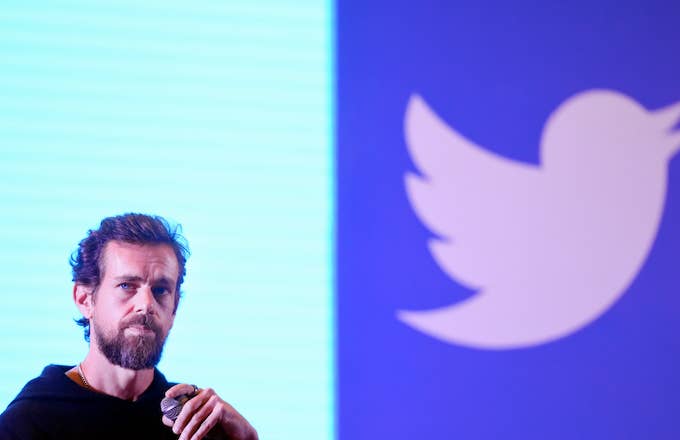
Twitter will no longer run political advertisements, CEO Jack Dorsey announced Wednesday.
"A political message earns reach when people decide to follow an account or retweet. Paying for reach removes that decision, forcing highly optimized and targeted political messages on people. We believe this decision should not be compromised by money," Dorsey wrote in a series of tweets that explained the decision. "While internet advertising is incredibly powerful and very effective for commercial advertisers, that power brings significant risks to politics, where it can be used to influence votes to affect the lives of millions."
The ban, which goes into effect Nov. 22, will reportedly target political-based advertisements as well as issue-based ads; however the Twitter CEO claimed there will be "a few exceptions," such as ads for voter registration. The company is expected to share the final policy on Nov. 15.
Dorsey went on to say that the decision will also help Twitter maintain credibility, as it has made a commitment to combatting the spread of disinformation, "For instance, it's not credible for us to say: 'We’re working hard to stop people from gaming our systems to spread misleading info, buuut if someone pays us to target and force people to see their political ad…well...they can say whatever they want!" he tweeted along with a wink emoji.
Though Dorsey did not mention the names of any other social media giants, many suspected the credibility tweet was directed at Facebook, which is facing mounting backlash over its policies regarding political ads.
A number of lawmakers have blasted Facebook for allowing misleading and false political ads on its platform, as well as its refusal to fact check said ads.
"Our approach is grounded in Facebooks fundamental belief in free expression, respect for the democratic process, and the belief that, in mature democracies with a free press, political speech is already arguably the most scrutinized speech there is," Katie Harbath, Facebook's public policy director for global elections, told The Verge. "Thus, when a politician speaks or makes an ad, we do not send it to third party fact checkers."
Thousands of users have praised Twitter for the ban, with many calling on Facebook to follow suit:
You can read Dorsey's full announcement below.

